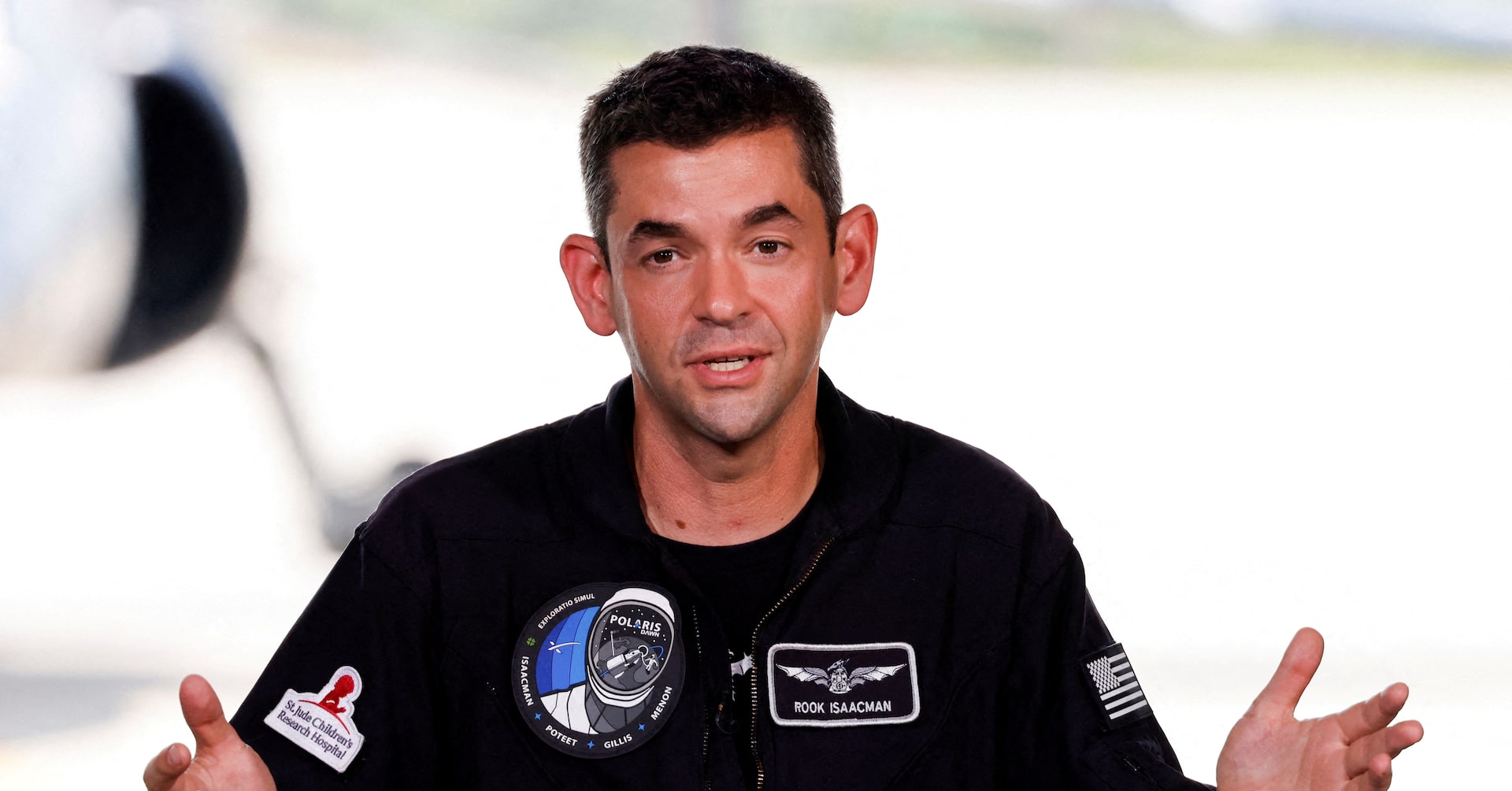In accepting Trump’s decision, he envisioned a “thriving space economy” and vowed to “usher in an era where humanity becomes a true spacefaring civilization.”
But the path to pursuing a faster, more privatized human spaceflight agenda is expected to involve a delicate political tango of trimming costly, entrenched programs and wooing lawmakers to increase the space agency’s $25 billion budget.
“He’s going to definitely push NASA, but he’ll do it in a positive way,” said Garrett Reisman, a retired NASA astronaut who has been an adviser to SpaceX.
Musk had recommended Trump pick Isaacman and has since told associates he sees the tech billionaire as someone who will get things done at NASA, according to two people familiar with the discussions.
“He is a man (of) high ability and integrity,” Musk said Wednesday of Isaacman on his X platform.
Targets at NASA for Trump and Musk’s cost-cutting agenda that Isaacman is expected to eye include the agency’s over-budget, $24 billion Space Launch System rocket and the in-development Gateway space station poised to sit in a lunar orbit, according to people familiar with the transition team’s space plans.
Other projects expected to face scrutiny include the agency’s goal to return soil samples from Mars – another top NASA priority alongside its Artemis moon program.
While likely to face pushback from lawmakers, cuts to expensive NASA programs could mean boosts to companies such as SpaceX that have embraced cheaper and faster means of getting to space and offering rockets to the government as a privately owned service.
Trump’s first NASA administrator, former Oklahoma congressman Jim Bridenstine, proved adept at navigating those political challenges. He was instrumental in winning budget boosts for NASA’s flagship crewed space exploration program and upping its dependence on private companies.
Bridenstine in a statement Wednesday night urged for Isaacman’s Senate confirmation, saying his “vision for pushing boundaries, paired with his proven track record of success in private industry, positions him as an ideal candidate to lead NASA into a bold new era of exploration and discovery.”
“Administrator-nominee Isaacman, if confirmed, will face challenges as he leads NASA into the future,” said Allen Cutler, CEO of the Coalition for Deep Space Exploration industry group, which counts Boeing and Lockheed Martin as members.
“Budget limitations, workforce, and infrastructure needs will all play a role in shaping NASA’s future,” Cutler added.
NASA’s current administrator, Bill Nelson, said he spoke with Isaacman to congratulate his tentative nomination and feels “basically optimistic” about the future of NASA under Trump.
“I think the relationship between Elon Musk and the president-elect is going to be a benefit to making sure that the funding for NASA is there, so I see that as a positive,” Nelson told a press conference on Thursday.
(This story has been corrected to rectify the attribution of quotes to Allen Cutler, CEO of the Coalition for Deep Space Exploration, not coalition spokesperson Dan Stohr, in paragraphs 16 and 17)
Sign up here.
Reporting by Joey Roulette; Editing by Lincoln Feast
Our Standards: The Thomson Reuters Trust Principles., opens new tab
